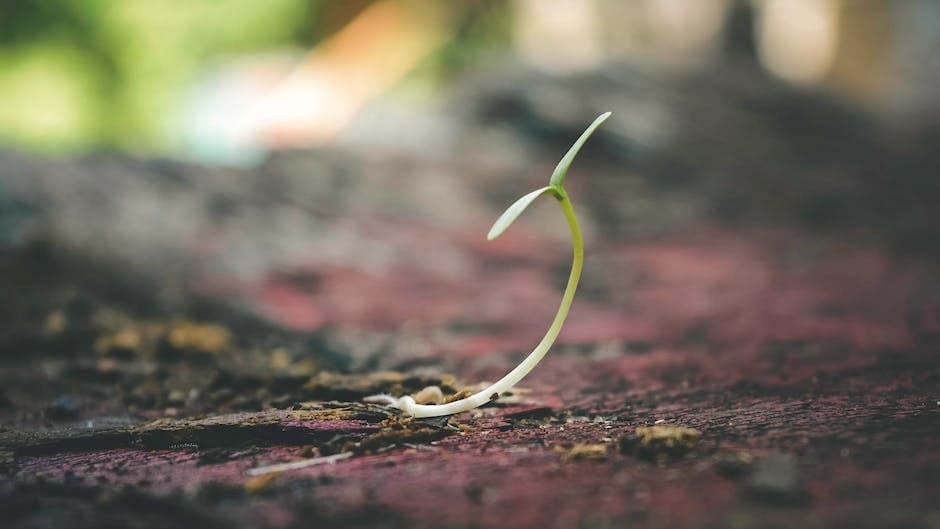Learning New Life Skills in Recovery
Unfortunately, many people with substance use disorder (SUD) and co-occurring mental health disorders experience a lack of development in the life skills necessary for thriving. Substance abuse, trauma, and other stressors can further affect an individual’s ability to apply these skills in their daily life effectively. Fortunately, many treatment and recovery facilities offer an abundance of opportunities for individuals to learn, build, and implement new life skills that can help them sustain sobriety and prevent relapse long term.
Grace Recovery offers a variety of transitional opportunities for women in treatment for SUD, trauma, and other mental health disorders. One of these opportunities involves developing critical life skills alongside a case manager and experiential recovery coach. No matter where an individual stands in their knowledge and use of life skills, our services can further their ability to implement life skills into their recovery and daily lives effectively.
What Are Life Skills?
Simply put, life skills increase an individual’s ability to effectively navigate daily life, including any stressors or hardships that may surface. These skills are a mix of social, behavioral, and emotional skills that develop during different stages of a person’s life. Therefore, when someone is taught basic life skills education, they can develop necessary strategies linked to healthier thought, emotion, and behavioral patterns. Further, these patterns can shift freely throughout an individual’s life to best align with one’s personal goals.
As a result of traumatic childhoods or other difficult developmental stages, however, some people may never be taught the critical life skills necessary for proper growth and development. When this happens, people experience an increased risk of substance use and other unhealthy forms of coping as they progress throughout adulthood. As many individuals with SUD often enter recovery without sufficient knowledge of life skills, treatment offers an invaluable opportunity for individuals to build life skills that can lead to more productive and fulfilling lives.
The Ten Core Elements of Life Skills Education
It is important to recognize that every treatment facility, recovery organization, and educational resource will address life skills differently. Likewise, there is no definitive or set list of basic life skills needed to thrive. Certain life skills, such as cooking, may be more or less relevant to an individual based on several factors, including their:
- Personal life circumstances
- History of substance abuse
- Presence of co-occurring mental health disorders
- Living environment
- Culture
- Gender identity
- Age
- Geographic location
- Current knowledge and use of life skills
Nonetheless, the World Health Organization (WHO) provides a valuable framework for understanding life skills by highlighting ten core elements of basic life skills education. These ten core elements include:
- Critical thinking
- Creative thinking
- Problem-solving
- Decision making
- Interpersonal relationships
- Effective communication
- Empathy
- Self-Awareness
- Coping skills for stress management
- Strategies for emotional regulation
Understanding the Role of Life Skills in Recovery
Life skills play a significant role in an individual’s ability to establish sobriety and maintain lasting recovery throughout their life effectively. Healing from the effects of substance abuse and other complex mental health issues requires a whole-person approach, also known as holistic healing. Life skills help to increase an individual’s self-awareness so they can healthily recognize and communicate their ever-changing needs.
Even when an individual can effectively address and communicate their needs, they may still lack the knowledge of resources and tools needed to help resolve their concerns. In this case, life skills can provide new coping skills and emotional regulation strategies for working through challenging emotions in recovery. Filling newfound time and energy with life skills development can be paramount for an individual’s ability to sustain long-term sobriety.
Ways to Improve Life Skills in Sobriety
In addition to discovering life skills in treatment, it is vital to develop and strengthen life skills independently in recovery. Referencing three of the ten core elements of basic life skills mentioned earlier, here are some ways that individuals can implement new life skills in sobriety:
Strengthen Self-Awareness
Self-awareness skills can be strengthened through a variety of mindfulness techniques and practices. Individuals in recovery can consider incorporating daily meditation practices into their routines for conscious reflection. Intentional journaling can provide an invaluable opportunity for monitoring and tracking personal progress. Meanwhile, it can also be beneficial to seek feedback from trusted loved ones and others in recovery to strengthen more specific skills, such as active listening, compassion, and gratitude.
Strengthen Communication Skills
Self-awareness can go hand in hand with a variety of other skills, including communication skills. An individual can work to strengthen their communication skills in recovery by learning to think before they speak. It can also be important to be aware of personal body language and concentrate on purposeful listening while conversing with another person. Additionally, as a general rule of thumb, it is often better to address conflict with another person face-to-face rather than by text or email, as these types of messages can be easily misconstrued.
Strengthen Interpersonal Skills
Interpersonal skills can also tie in with self-awareness and communication skills. These types of skills highlight how individuals relate to one another. Interpersonal skills can be essential in treatment and support group settings, as social support remains a necessary element of lasting recovery from addiction. Some examples of ways to strengthen interpersonal skills, independent of the suggestions mentioned above, include learning how to motivate others, avoiding persuasion, increasing empathy for others, and building lasting relationships.
Life skills are skills that are needed to navigate daily life effectively. In recovery, developing life skills can help foster motivation for continued healing and success in sobriety. If you or a loved one is seeking recovery from substance abuse, mental health disorders, or trauma, learning life skills can benefit your overall healing and recovery. Grace Recovery provides a variety of services for women seeking recovery, including life skills building with case managers and recovery coaches. We also provide transitional living opportunities for individuals who have recently completed an inpatient treatment program or those seeking safe housing in early recovery. To learn more about how we can benefit your recovery journey, call us today at (737) 237-9663.







